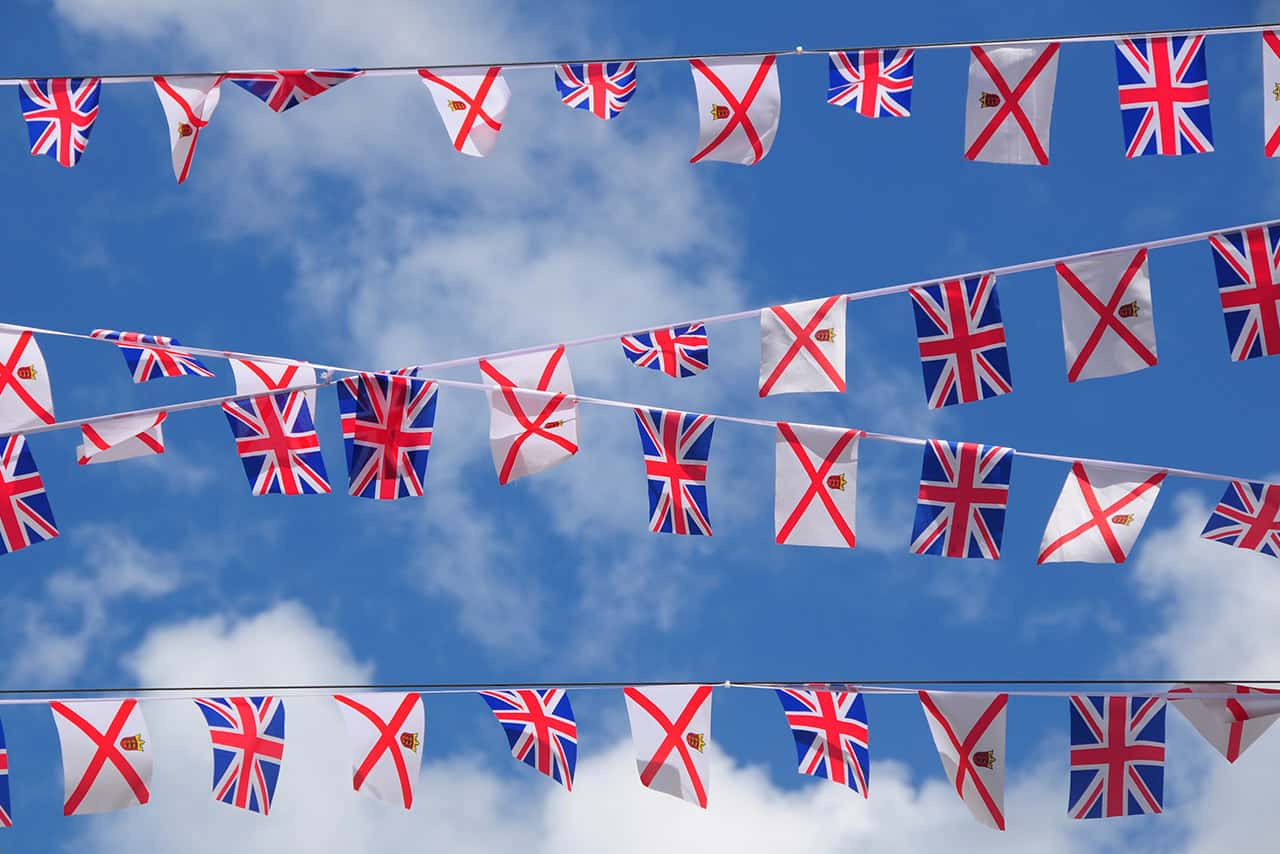A Word from Our CEO, Murray Norton, May 2024
Businesses were heavily restricted and controlled during the occupation. Many were forced to close or adapt to the new circumstances and had to conform to the changing rules and regulations -including how to deal with a German customer for the first time.
The German authorities implemented measures to control and regulate the economy, including rationing of food and other essential supplies, price controls, and restrictions on trade and commerce. Most businesses needed to obtain permits from the German authorities in order to operate, and these permits were often difficult to obtain.
Some hotels and restaurants, continued to operate, but were heavily restricted in terms of the food and other supplies they could obtain. Others shifted their focus to providing goods and services to the German occupiers, such as tailors who made uniforms for the German soldiers.
Unemployment in Jersey at Christmas 1940 was 2,400 men. Many people had been evacuated leaving vacancies, however many businesses had a dramatic fall in trade, so required less employees. Certain jobs vanished overnight, such as bus and taxi drivers, and people in the building trade found that the main employer became the German army.
The island authorities introduced pay scales that were lower for single men or men whose wives and children were in England. They also cut the salaries of civil servants in half. A weekly wage rate of £2.10s was established. This was matched with a maximum price that could be charged for almost everything, with fines for selling above that price. There were complaints the prices were too low, leading to selling "under the counter. The German pay rates were £1 a week higher, and attracted workers who could not live on the low wages paid in the civilian sector.
Unemployed people were reduced to charity from their parish officials, so the island governments introduced a work programme before the end of 1940 to give employment to the increasing numbers of unemployed. This system continued throughout the occupation. Work undertaken included such things as road improvements, cutting timber for fuel and getting water mills working again. The Summerland factory was set up, which employed 250 people sorting making and repairing clothes and shoes.
Employees in businesses providing essential services including utilities were required to provide telephone, electric and water services to German buildings, including the new fortifications being built, as well as continuing with their normal work.
Most businesses continued to operate when possible and stocks lasted. The Germans had a very favourable exchange rate, so while shops had goods, including clothes, boots, cigarettes, tea and coffee, they bought everything up in massive quantities and posted them back to Germany, many for resale at a profit. Business hours were reduced and shop workers were reduced to 20 hours a week.
Bartering became common, advertisements in shops and the local papers offered a wide range of goods to meet a specific urgent need of the advertiser. Exchanges such as a nightgown for flour or a breeding rabbit for good shoes. Some empty shops became exchange locations for a small fee.
Shops specialising in repair were in high demand, especially bicycle shops, and machinery and shoe repair shops. Old fire hoses were made into bicycle tyres, as were garden hoses. Chemists were called on to create exhausted items, like glue and matches. Oil and paraffin lamps were made from tins.
At Voisins, the occupying forces stored their uniforms in their warehouse in New Street. On 1 April 1941, Voisins sent a letter of complaint to the Bailiff Alexander Coutanche when the responsibility for baking the Island’s bread ration was transferred from Gaudin’s to competitor A de Gruchy. As stocks ran short at the end of the Occupation, Voisins only opened on Saturdays selling second-hand goods. Meanwhile at De Gruchy’s, they had managed to trade throughout the occupation, however in 1944, a devastating fire resulted in massive damage to the premises.
It was a time for dealing with ridiculous amounts of rules and constraints just to be able to operate a business, with all manner of permits required, cost of living challenges, pricing controls and some relying on the handouts of others. I should point out I’m still referring to the times of 80 years ago, although the work of Chamber goes on.
In this run up to Liberation Day and throughout May we will remember those who endured the most difficult of times to survive, let alone run a business.


